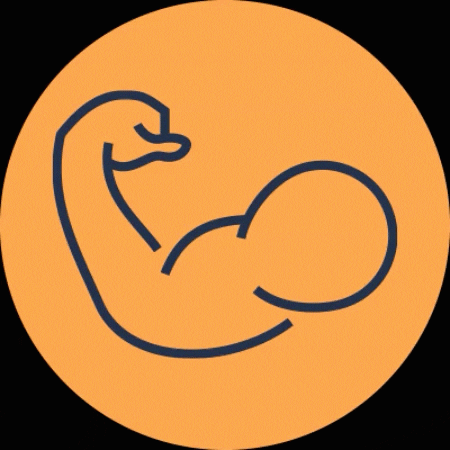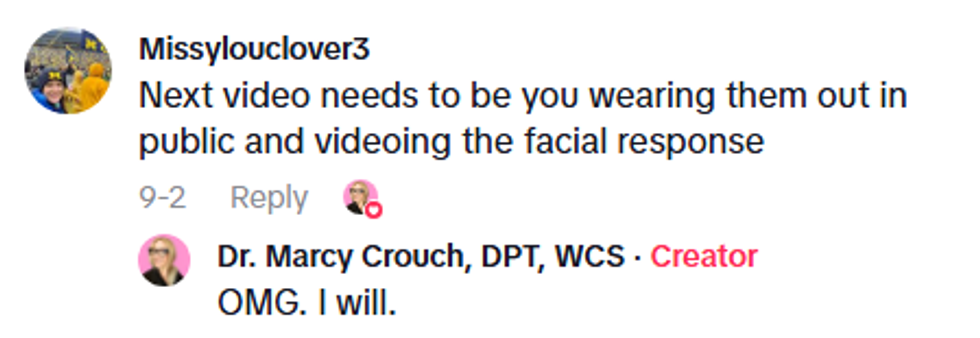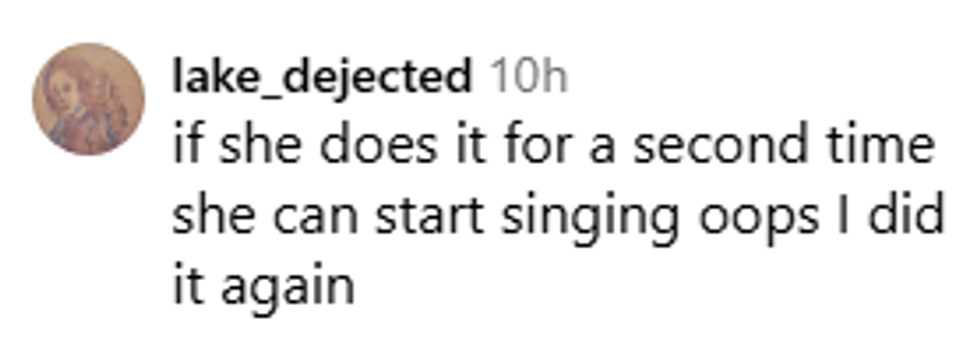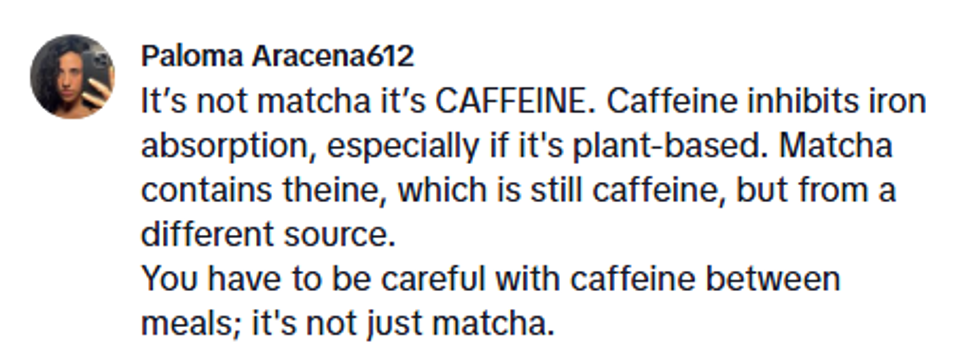I speak two languages. I learned English and Spanish simultaneously and have been equally fluent since I was a small child. My mother taught herself English after emigrating. She used to watch lots of television shows to get as much exposure to the language as possible. She's pretty fluent after more than 40 years in the country. She still gets frustrated by grammar though, and I can't say I blame her. Quite a few things about the English language are odd, even annoying to those for whom English isn't their native tongue.
After Redditor ThePuzzler13 asked the online community, "People who studied English as a second language, what was the hardest part about learning English?" people came forward to vent.
"How it is so inconsistent."
How it is so inconsistent. At least other languages have accents to tell you how to pronounce a letter. The "s" in "sugar" is for some reason a "sh" sound. Words like "subtle, colonel, schedule" really makes no sense why they're spelled that way vs how they are pronounced.
"I used to teach..."
I used to teach ESL to Spanish speakers. Hands down the weirdest thing is phrasal verbs. You have to just memorize them. There's no rule to explain the difference between act, act on, act out, act up, etc. You have to just magically know it. I never thought about how crazy they are until I had to teach them. I didn't even know they existed, honestly. It's not part of grammar education to native English speakers.
"Accents."
Accents. Teachers said movies were a good way to habituate yourself to listening and understanding English but little did we know there were 400 different accents in Britain alone.
"Speaking English..."
Speaking English thinking you have an accent and then that fear causes you to stutter or mispronounce a word.
"Then I realized..."
Figuring out how to pronounce words without letting my accent get in the way. Then I realized that there are many differences across regions in pronounciation and stopped caring so much because everyone's got some kind of accent.
"English actually..."
English actually has a lot of vowel sounds and there are some I can't discern at all. Like, heart and hurt are supposed to have different vowel sounds???
"For some reason..."
For some reason, even today, I am completely fluent in my head but when it comes to actually saying anything, I panic and make a thousand errors per second.
"For example..."
Having learned English by watching TV when I was a kid the actual grammar rules and terms were the biggest problem for me.
For example if we were given a task of translating or modifying a sentence and the instructions used words like pronoun, adverd, preposition etc. I would have no idea what I needed to do. But as soon as I got one example, I could do all the rest without even thinking about it.
I don't know grammar terms in Finnish or English, as I've learned the languages by listening and speaking them.
So when I started learning Swedish and French I was a bit f*cked. The focus to learning languages in Finnish schools (at the time at least) seemed to be to tell you everything about all the rules and exceptions to the rules first and then seeing if you could form a sentence using the rules I never understood in any language.
"Some of the grammar structures..."
English teacher here. Some of the grammar structures are always difficult for my students to wrap their heads around. Sometimes rules just work until they don't. e.g. I before E except after C (Until things start getting weird). Current challenge is explaining articles in a language that doesn't have them.
Heteronym are also a right pain to try to explain. Read and lead rhyme, as does read and lead. But read and read do not, nor lead and lead, read and lead or read and lead.
"Or do I mean..."
Articles! Or do I mean "The articles"? It's really hard to understand when should I use "the" or "a/an" and when I shouldn't... I'm doing it instinctively..
Want to "know" more? Never miss another big, odd, funny, or heartbreaking moment again. Sign up for the Knowable newsletter here.














 Nicksplat Sunburn GIF by Hey Arnold
Nicksplat Sunburn GIF by Hey Arnold  number one win GIF by V5MT
number one win GIF by V5MT  Frustrated Clint Eastwood GIF
Frustrated Clint Eastwood GIF  Vegan Vegetables GIF
Vegan Vegetables GIF  Workout Flex GIF by Kræftens Bekæmpelse
Workout Flex GIF by Kræftens Bekæmpelse 
 @thedowntheredoc/TikTok
@thedowntheredoc/TikTok @thedowntheredoc/TikTok
@thedowntheredoc/TikTok @thedowntheredoc/TikTok
@thedowntheredoc/TikTok @thedowntheredoc/TikTok
@thedowntheredoc/TikTok @thedowntheredoc/TikTok
@thedowntheredoc/TikTok @thedowntheredoc/TikTok
@thedowntheredoc/TikTok @thedowntheredoc/TikTok
@thedowntheredoc/TikTok @thedowntheredoc/TikTok
@thedowntheredoc/TikTok @thedowntheredoc/TikTok
@thedowntheredoc/TikTok @thedowntheredoc/TikTok
@thedowntheredoc/TikTok @thedowntheredoc/TikTok
@thedowntheredoc/TikTok @thedowntheredoc/TikTok
@thedowntheredoc/TikTok @thedowntheredoc/TikTok
@thedowntheredoc/TikTok @thedowntheredoc/TikTok
@thedowntheredoc/TikTok @thedowntheredoc/TikTok
@thedowntheredoc/TikTok @thedowntheredoc/TikTok
@thedowntheredoc/TikTok @thedowntheredoc/TikTok
@thedowntheredoc/TikTok
 @kaicutch/Instagram
@kaicutch/Instagram @kaicutch/Instagram
@kaicutch/Instagram @kaicutch/Instagram
@kaicutch/Instagram @kaicutch/Instagram
@kaicutch/Instagram @kaicutch/Instagram
@kaicutch/Instagram @kaicutch/Instagram
@kaicutch/Instagram @kaicutch/Instagram
@kaicutch/Instagram @kaicutch/Instagram
@kaicutch/Instagram @kaicutch/Instagram
@kaicutch/Instagram @kaicutch/Instagram
@kaicutch/Instagram
 @lynnshazeen/TikTok
@lynnshazeen/TikTok @lynnshazeen/TikTok
@lynnshazeen/TikTok @lynnshazeen/TikTok
@lynnshazeen/TikTok @lynnshazeen/TikTok
@lynnshazeen/TikTok @lynnshazeen/TikTok
@lynnshazeen/TikTok @lynnshazeen/TikTok
@lynnshazeen/TikTok @lynnshazeen/TikTok
@lynnshazeen/TikTok @lynnshazeen/TikTok
@lynnshazeen/TikTok @lynnshazeen/TikTok
@lynnshazeen/TikTok @lynnshazeen/TikTok
@lynnshazeen/TikTok